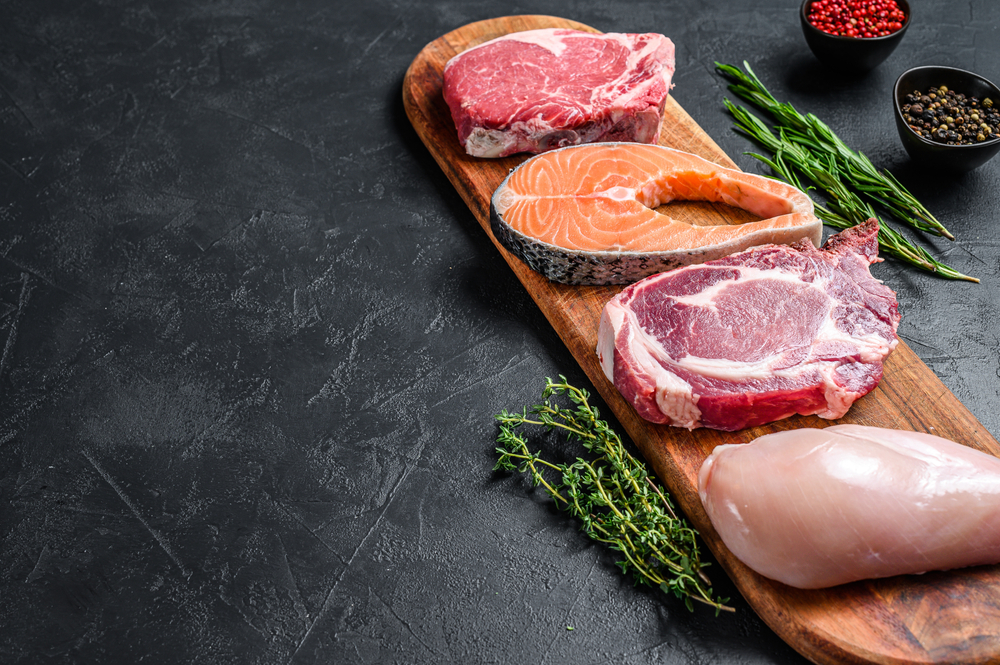
Have you ever wondered where there is so much hype about high protein diet benefits? We’re here to tell you that there is more to it than just hype. Understanding these important health benefits, makes a big difference to how you approach food, and if you want to improve your health and fitness, we’re convinced this will become a critical new aspect of your life.
One of the most significant and well documented high protein diet benefits is weight loss. Protein affects your body’s metabolism in important ways that will aid in weight loss including, reducing your appetite, curbing cravings, burning fat, improving lean muscle, all of which help you to burn more calories. It is thought that eating lots of protein is one of the best ways to lose weight in a way that is sustainable and safe.
In this article, we’ll explore in further detail why a high protein diet can be good for you, and what the major benefits are. We will look at how your body deals with protein and its impact on muscle mass so you understand the value of eating plenty of protein.
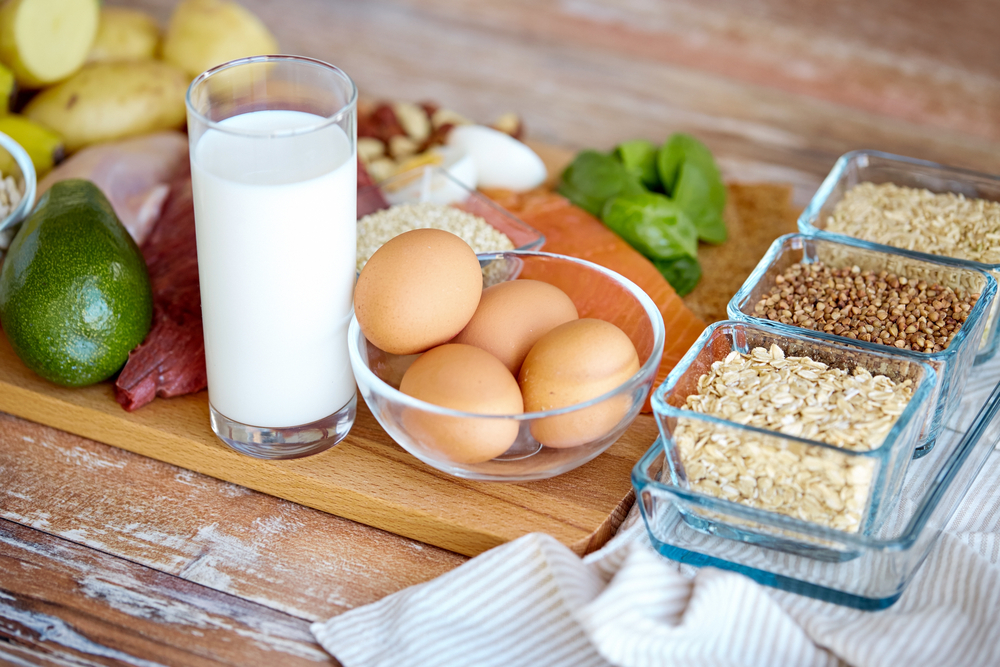
High Protein Diet Benefits
There are a lot of benefits linked with eating a diet that is high in protein, especially if you are aiming to lose weight. Multiple studies have been done on how eating more protein can be advantageous, and some of the benefits include:
Reduced appetite
Reduced calorie cravings
Increased calorie burning
Feeling fuller for longer
Decreased desire to snack
Improved ability to lose weight
Better retention of lean muscle mass
A higher resting metabolism
All of these things together will improve your weight loss and make it a lot easier to keep the weight off. By lowering your appetite, reducing your tendency to snack, and increasing the number of calories you burn and your resting metabolism, you’ll find that weight shifts more easily and that you put it on more slowly.
A lot of other diets focus on losing weight by recommending an extreme reduction in the number of calories consumed, but this can cause a perpetual sense of hunger, and even stimulate cravings, which can lead to overeating and rapid weight rebounds.
This is why so many fad diets result in weight loss in the short term, but not in the long term. However, a protein-based diet gets rid of the constant sense of hunger, and is far easier to maintain. It has been shown that eating protein lowers your cravings for food, by stabilizing your blood sugar and making you feel full longer, and helping you consume less overall.
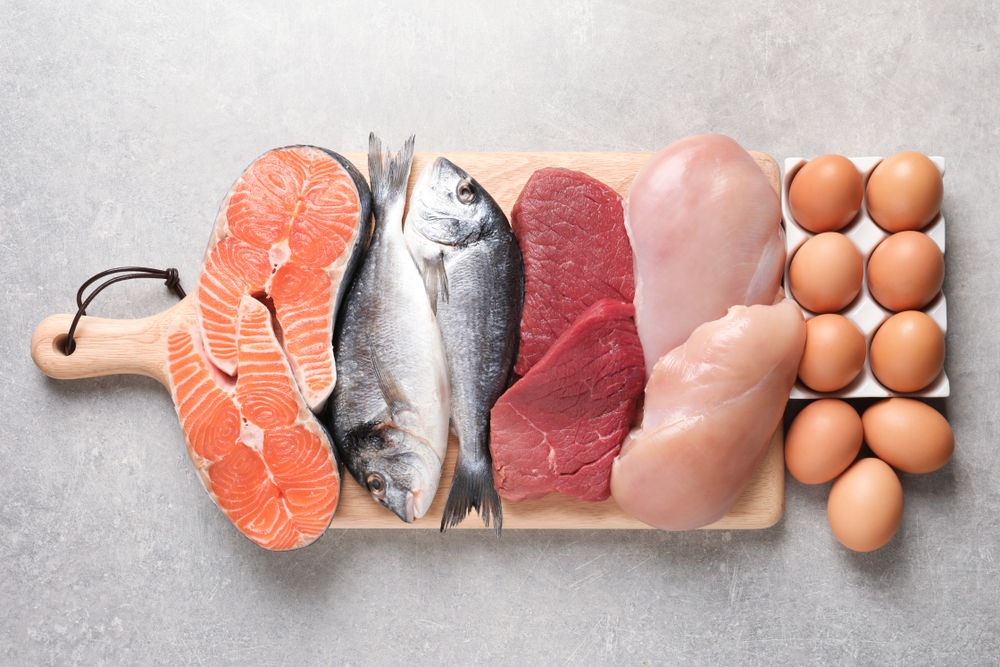
Low Carb And High Protein Diets
Low carb and high protein diets have become increasingly popular in recent years because of the results that they deliver. Most people are aware that eating a lot of carbohydrates is one of the quickest ways to gain weight, and therefore, trying to cut down on carbs is a common approach to dieting. However, as mentioned above, it isn’t always easy to sustain, because cutting carbs alone will leave you hungry.
A low carb combined with a high protein diet, however, can counter this problem because the protein will help you to stay full for longer. If you have a protein-packed breakfast, including foods like eggs, beans, and meats, you will feel full for far longer than if you eat a carbohydrate-rich breakfast that lacks protein and spike your blood sugar.
You may already have noticed this. A couple of slices of toast or bowl of cereal feels like a satisfying breakfast, but you could feel hungry soon after. But top them with an egg or add sausage and you’ll feel full for much longer. Some studies have already shown that people who have a breakfast that is rich in protein are far less likely to snack throughout the morning, and will generally eat smaller lunches and even dinners as a result.
If you opt for a protein-rich, low-carb breakfast every day, you can reduce the total number of calories that you eat in a week without ever feeling hungrier or less satisfied by your meals. In fact, you might feel less hungry, because the protein will reduce your appetite, so even though you are eating less, you may feel as though you are eating more.
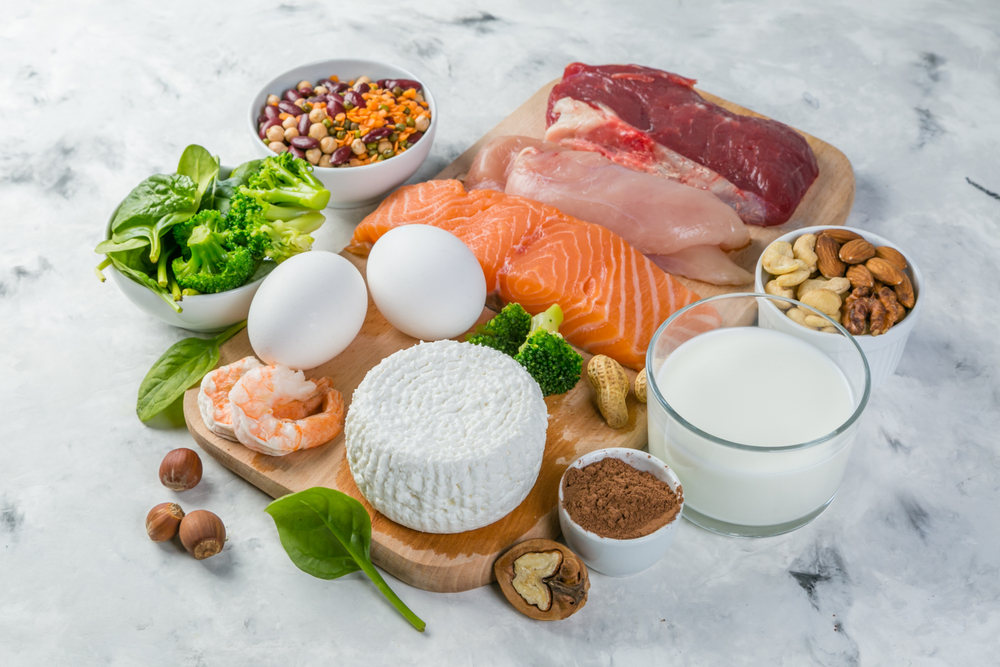
Protein Actively Burns Calories
It is also important to be aware that your body processes protein in a different way from other types of food. Whenever you eat something, your body must expend energy on breaking the food down and turning it into a new source of energy – but for most food, very little energy is needed to break it down. Protein, however, is different.
Your body will burn a lot more calories when it breaks down protein, compared with breaking down carbohydrates. That means you are effectively negating some of the energy you are taking in, because you’re using up energy to metabolize it. This is known as the thermic effect of food – the way that the metabolism increases to burn the calories contained within that food type.
Proteins have a higher thermic effect, increasing your metabolism significantly more than either carbohydrates or fats. That means that for every piece of protein you eat, you’re burning noticeably more calories than you would be if you ate a carbohydrate-based food, like bread or pasta.
All of this again leads to a increased ability to lose weight, because it means that even when you are taking the food in, your body is having to work harder to utilize it. It also means that your body has fewer calories stored up, which makes exercise more effective and weight loss more likely.
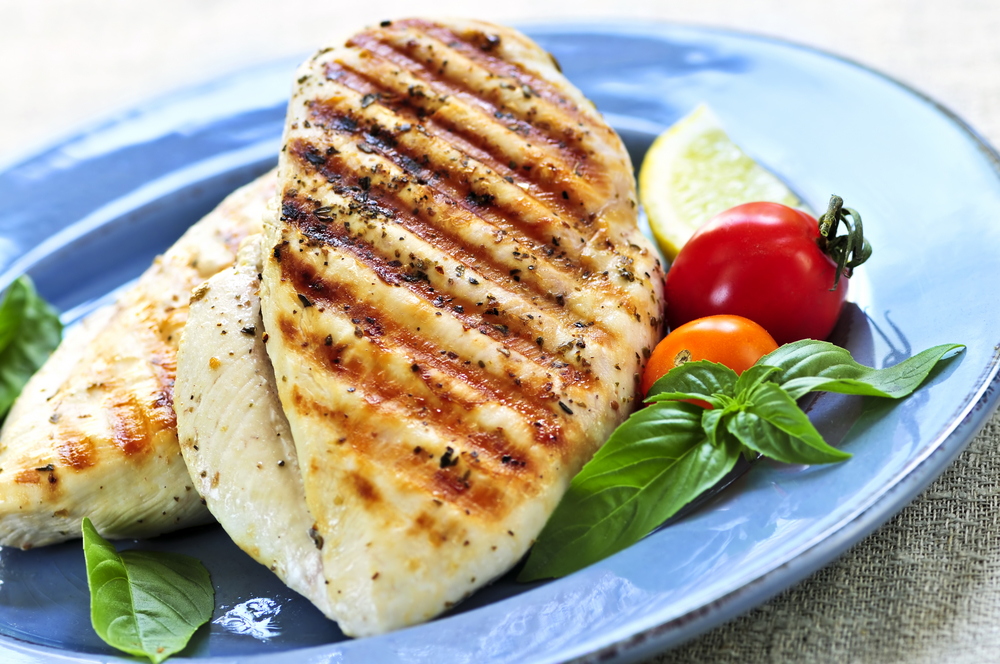
Protein Strengthens Your Muscles
One of the most important aspects of improving your health and wellness is improving the strength of your muscles. Muscle strength allows you to exercise more effectively and safely, it looks attractive, and it enhances your everyday life by giving you more capacity to complete tasks.
However, a lot of people find that they struggle to maintain muscle mass when they begin dieting.
Eating the right amount of protein will make this significantly easier, because protein helps your body to maintain muscle mass. Weight loss is often associated with reduced muscles, but having a protein-rich diet will encourage your body to both repair muscle tissue and build new tissue.
This process can reduce how much muscle mass you lose due to either weight loss or the natural aging process, making it easier to stay fit and healthy, and to work out safely. Having strong muscles can also improve your metabolism, which will contribute to further weight loss, and better overall weight management.
A lot of people don’t realize that loss of muscle strength contributes to weight gain and overall difficulty with daily tasks. Even if you aren’t looking to become ultra fit and you don’t care too much about your appearance, increasing your muscle strength is key to looking and feeling healthier, and to finding things like walking upstairs or carrying groceries easier.

Fewer Sweet Cravings
One of the biggest problems with dieting is that when you feel hungry, your body automatically wants to opt for sugar-rich foods because these are an easy source of the energy that it is missing. That means that when you start cutting back on carbs, your temptation to eat carbs grows and grows.
However, if you start eating protein-rich meals, you are much less likely to crave sugar, because your body won’t be lacking in energy and you won’t feel as hungry. You may even find that you can forgo treats you would normally depend on to get yourself through the day, because you won’t feel empty in the same way.
Try adding a protein-rich component to each of your meals, particularly breakfast, and see if this reduces your desire to eat candy.
Conclusion
As you can see, there are a lot of high protein diet benefits that you can tap into surprisingly easily, just by increasing the amount of protein that you eat. With reduced cravings for food and especially for sugar, better muscle mass, and an improved ability to burn calories as you eat, you’ll soon find yourself losing weight and feeling healthier. Try this calculator by Dr. Donald K. Layman to discover your ideal protein intake per day.

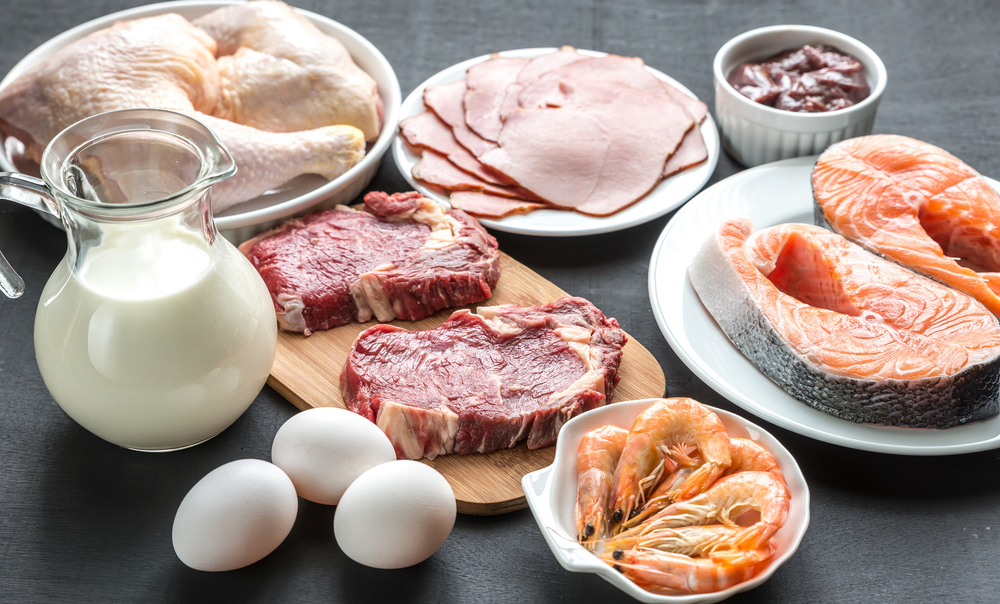
High Protein Diet Benefits – The Ultimate Guide
Have you ever wondered where there is so much hype about high protein diet benefits? We’re here to tell you

